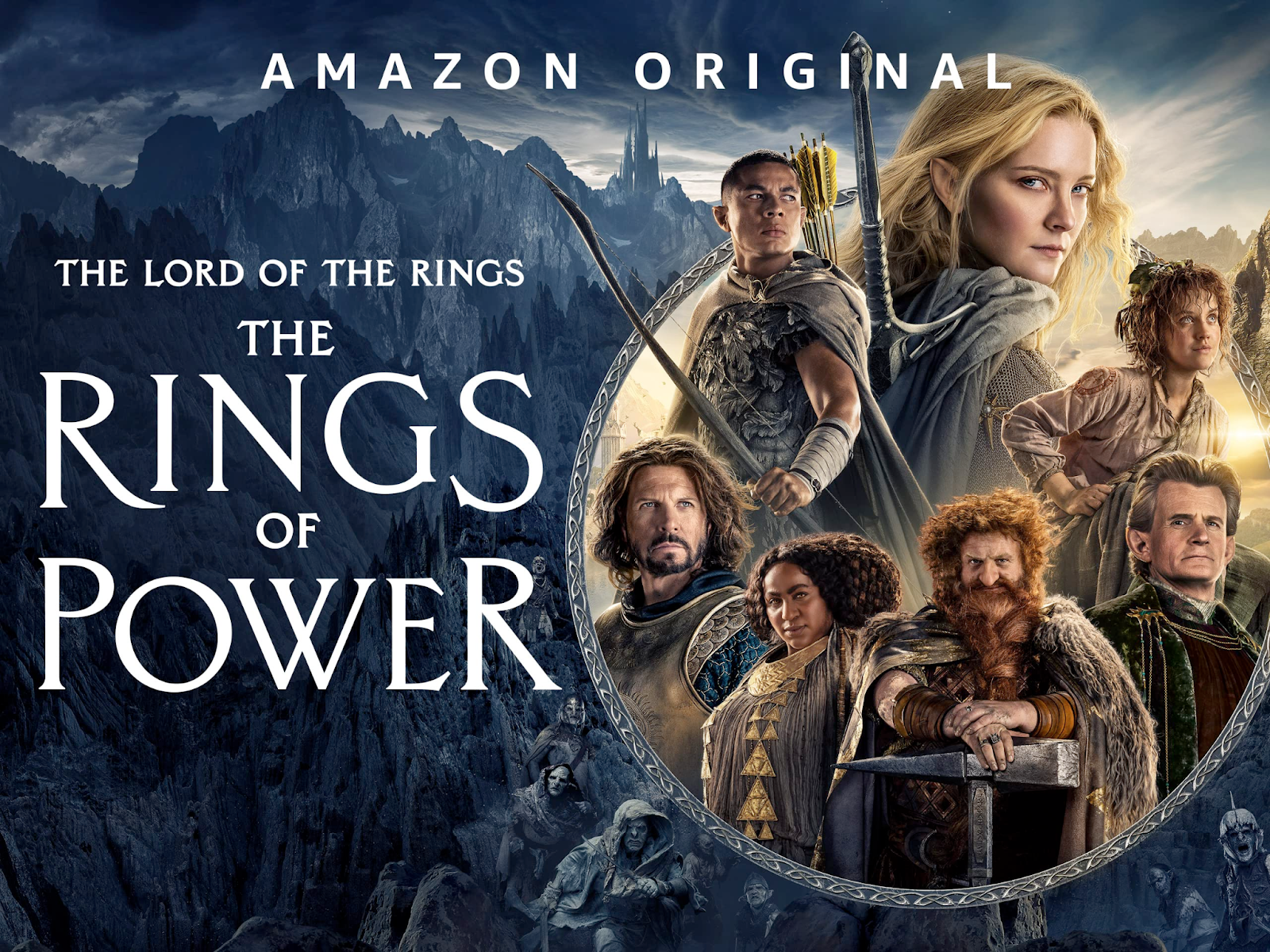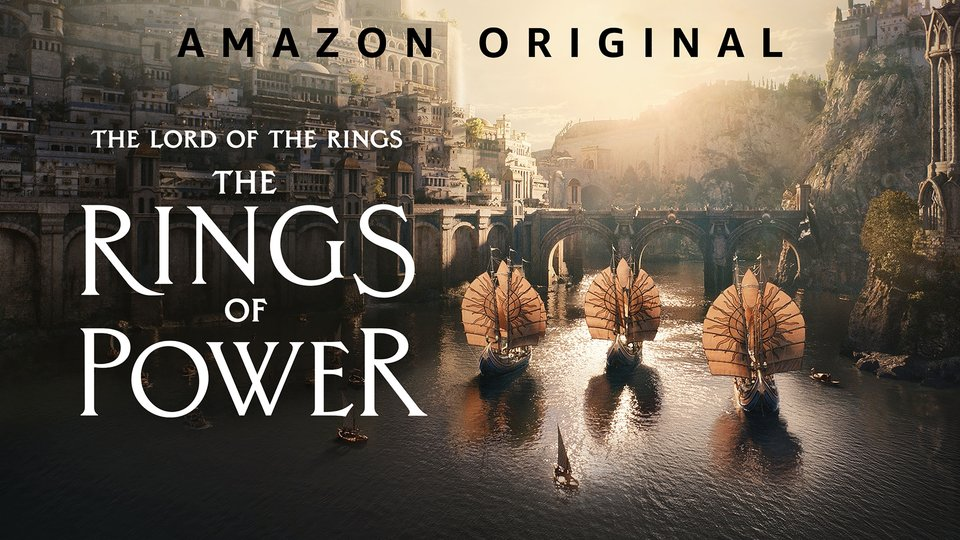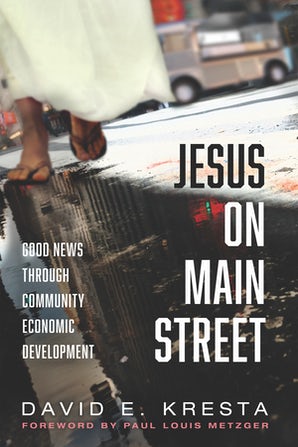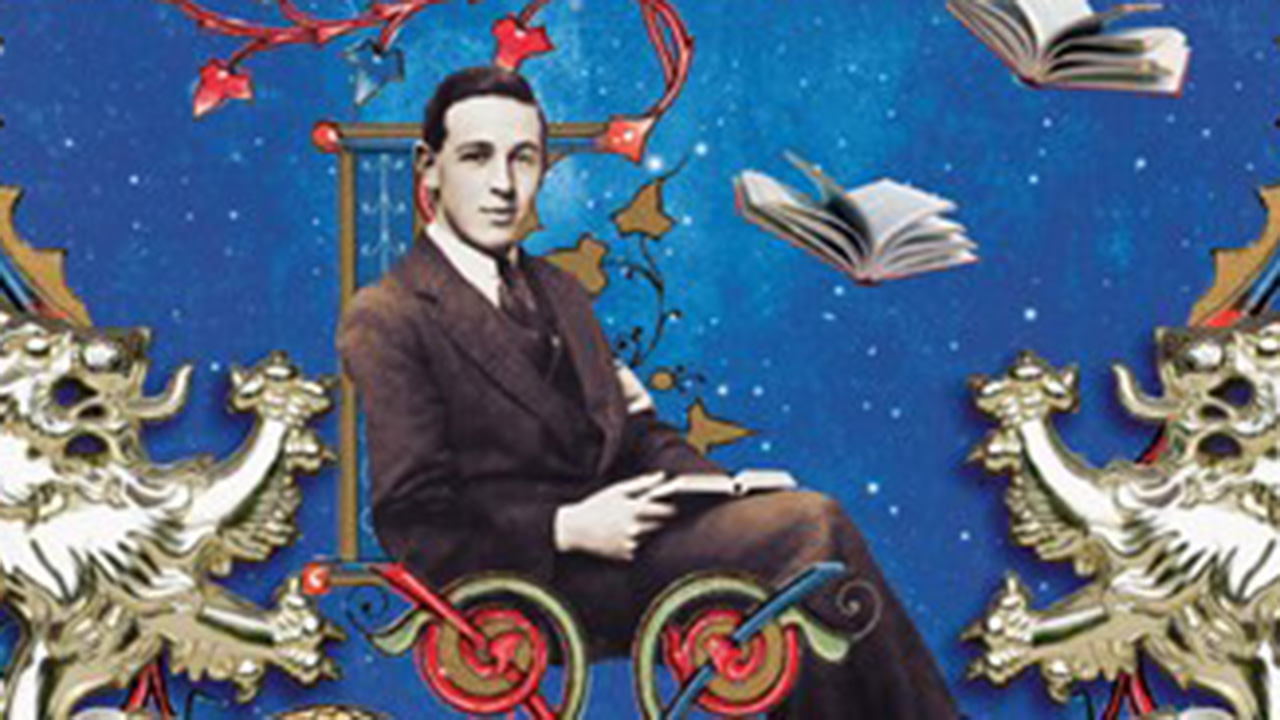The Rings of Power, whose first season is now complete, lands us in the second age of Middle-earth, centuries before Bilbo’s unexpected journey and Frodo’s destruction of the One Ring. But it’s not an entirely unfamiliar story. Based on 20th-century scholar and author J.R.R. Tolkien’s fictional world, the show introduces characters that even casual fans know well, elves like Galadriel and Elrond, and possibly Gandalf, too. And the show gives life to other lands and peoples that were long gone by Bilbo and Frodo’s time on Middle-earth: We meet Isildur, ancestor of Aragorn the true king of Gondor, we see Numenor for ourselves, and we visit the region of the Southlands before it becomes Mordor. The showrunners meet the challenge of following Peter Jackson’s trilogy adaptation (and stay true to much of Jackson’s beloved world). But the most difficult challenge, as is always the case with an adaptation of a beloved story, may be satisfying the imaginations of Tolkien’s most loyal followers.
But now that the most expensive television series ever made has had the space to form a full-season story arc, we can survey exactly where we stand in what had heretofore been a wilderness of speculation. It seems many of the worst rumors trickling along the sleepy byways of Tolkien fandom proved unfounded. Wokeism did not rule the day; Galadriel did not remain a petulant and vengeance-driven loner. But other dark forces nevertheless gathered power, not the least of which were silly narrative decisions and stilted dialogue. But to totally condemn Rings of Power is to miss a more important lesson Middle-earth can teach us: that even the most wretched creature has sparks of goodness waiting to be fanned to life.

Who decides how to interpret Tolkien’s works? Who decides which parts are “true”? Fans are divided when it comes to this gatekeeping, perhaps between loyalty to Tolkien himself and loyalty to the sort of concerns Tolkien inspires. But that is a charitable interpretation of the division. Others might say the line lies between true fans and false fans, and that it is the duty of a true fan, with Gondor-like energy, to maintain the purity of Tolkien’s vision amid the grasping hordes of the bandwagon.
Tolkien’s legendarium has by and large remained polite, if not always politic. And we should heed the words of Gandalf in The Return of the King: “Work of the Enemy! … Such deeds he loves: friend at war with friend; loyalty divided in confusion of hearts.”
Let us assume, then, for the sake of argument, that the criticisms of Rings of Power are all justified, every one of them. Let us agree that it is a twisted, malformed, and loathsome creature spawned by the greed and lust for domination of the Dark Lord Bezos. Let us believe it comes masquerading as an angel of light, a mechanized and manipulative product of the soulless entertainment industry. Let’s agree Rings of Power is the Gollum of Tolkien adaptations.
But what does Tolkien himself have to say about Gollum?
The grievous failure
The answer to this question cuts to the very heart of The Lord of the Rings itself, and has given rise to one of its most famous passages. Early in this story, before he has met Gollum for himself or even left the Shire, Frodo finds the possibility of kindness toward Gollum almost incomprehensible. “I can’t understand you … at any rate he is as bad as an Orc, and just an enemy,” he remarks to Gandalf. “He deserves death.”
When it comes to Amazon’s adaptation, many a Tolkien fan can surely empathize with Frodo’s confusion here: Isn’t it true that Rings of Power has turned the Elves into corporate businessmen? Has it implied that all white men are untrustworthy? How could it hint at a romance between Galadriel and Sauron? Should we not suspect that the earnest admiration of the showrunners merely hides a consumerist agenda?
But fewer of these fans are willing to countenance Gandalf’s response to Frodo in the same moment:
Deserves it! I daresay he does. Many that live deserve death. And some that die deserve life. Can you give it to them? Then do not be too eager to deal out death in judgement. For even the very wise cannot see all ends. I have not much hope that Gollum can be cured before he dies, but there is a chance of it. And he is bound up with the fate of the Ring. My heart tells me that he has some part to play yet, for good or ill, before the end; and when that comes, the pity of Bilbo may rule the fate of many — yours not least.
Tolkien’s Gollum is a conflicted soul, drawn almost as much to the memory of goodness that Frodo’s kindness begins to rekindle in him as he is compelled to self-destruction by the One Ring. Gollum has a deep longing for life to be otherwise, for something that will release him from the tedious monotony of hatred and materialism. Nobody, not least Frodo himself, would have expected that.
Yet Gollum even comes to the precipice of repentance, as we find him on the stairs of Cirith Ungol. Contemplating the peaceful sleep of the two friends, Frodo and Sam, Gollum is overcome by love.
A spasm of pain seemed to twist him, and he turned away, peering back up towards the pass, shaking his head, as if engaged in some interior debate. Then he came back, and slowly putting out a trembling hand, very cautiously he touched Frodo’s knee — but almost the touch was a caress.
But Gollum’s gentle touch causes Frodo to stir, and Sam, ever protective, wakes to find Gollum crouching over them. In suspicion he chastises Gollum, and this breaks the spell of sanctity, which was at that moment just flickering into existence. Gollum’s walls go back up. “The fleeting moment had passed, beyond recall,” Tolkien writes.
This is the passage that Tolkien himself has said to be the most heartbreaking. In his Letters, he finds himself “most grieved by Gollum’s failure (just) to repent when interrupted by Sam: this seems to me really like the real world in which the instruments of just retribution are seldom themselves just or holy; and the good are often stumbling blocks.” The grievous failure here is not primarily Gollum’s thwarted repentance, but Sam’s responsibility for pushing him further away.
Keeping the gate
I would argue that the situation in which Tolkien fans find themselves with Rings of Power is much the same. There is, after all, a reason why it is Middle-earth, more than any other realm, that was chosen for Amazon’s flagship prestige fantasy series. Audiences, and showrunners too, can feel something is there — an aura of metaphysical health that pervades this fictional world, which makes goodness attractive to a society that by and large has evacuated that term of any robust content.
However, in our rush to defend our dear master, we have taken on the role of Sam, and I fear we may be unwittingly quashing what could otherwise be a burgeoning sense of the sacred.
Sam’s devotion to Frodo becomes his pride: “He did not think of himself as heroic or even brave, or in any way admirable — except in his service and loyalty to his master.” The gravest vice in The Lord of the Rings, in fact, is this transformation of loyalty into a devotion that becomes possessive.
This same protective resentment has beset the community of Tolkien readers and scholars, and perhaps it has blinded some or many of us from being able to foster the real but inchoate longing for transcendence that lies beneath Middle-earth’s enduring popularity. Tolkien himself has acknowledged the realness of this in his Letters: “If sanctity inhabits his work or as a pervading light illumines it then it does not come from him but through him. And neither of you would perceive it in these terms unless it was with you also.” Many Tolkien fans are explicitly hostile to the faith, and tragically ignorant of the fact that the deepest desire they feel to commune with the light they find in Middle-earth is available to them here, in the real world. Likewise, will the church show this to them, or will we instead conform to the stereotype they already hold, a tribe both stultified and condemnatory?

Now, this is not to say that audiences will find that sense of the sacred in Rings of Power itself. At best, the show has provided only brief glimpses of a distinct Tolkienian atmosphere. But stumbling upon a morsel of lembas, they ask us where they can find more of the same. Instead, they meet derision and contempt. Instead, like Sam, we move too swiftly to condemn a Gollum than nurture a Sméagol.
A better path to tread
It is, after all, Sam’s own experience of the hollow gnawing hunger of the One Ring, of its modernist solipsism, that finally allows him to understand Gollum, to see him for Gollum and for Sméagol:
But deep in his heart there was something that restrained him: he could not strike this thing lying in the dust, forlorn, ruinous, utterly wretched. He himself, though only for a little while, had borne the Ring, and now dimly he guessed the agony of Gollum’s shrivelled mind and body, enslaved to that Ring, unable to find peace or relief ever in life again. But Sam had no words to express what he felt.
The chief virtue of The Lord of the Rings is pity, by which Sam spares Gollum’s life and leads directly to the destruction of the Ring. And who knows what paths providence will choose for viewers of Rings of Power to find their true freedom in Christ? Will we learn the lessons of Master Samwise?
As we discuss the series, then, we might do better to remember the words of Tolkien at another crucial juncture, later in the life of our new heroine, Galadriel of the Noldor. Much as many of Tolkien’s fans today feel a genuine sense of outrage at the implication that their beloved Middle-earth could have anything to do with a bigoted and hateful faith, Gimli the Dwarf readied himself to hate everything to do with the Elves. But in finally meeting the eyes of the Lady, “it seemed to him that he looked suddenly into the heart of an enemy and saw there love and understanding. Wonder came into his face, and then he smiled in answer.”



